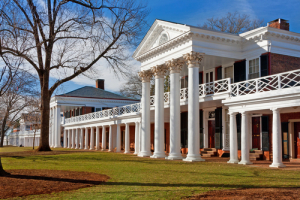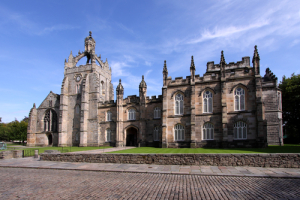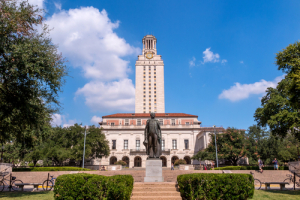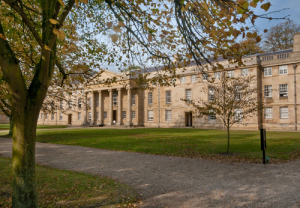
education
Originally from Jackson, Michigan, Barry did most of his undergraduate work at the University of Virginia where he graduated with high distinction and majored in rhetoric (no, not “rhetoric” in the sense of “mere rhetoric,” but rather rhetoric in the classic sense as defined by Aristotle: the faculty for being able to see in any given situation the available means of persuasion). His study of rhetoric permitted analysis and dissection of famous speeches and trials. While at the University of Virginia, Barry spent all of his time outside of class at the Alderman Library, and therefore never experienced Easters Weekend and the Mud Bowl (but should have).
For his third year of college, Barry read law and philosophy in Scotland at the University of Aberdeen, where he was awarded the university’s Henry Prize in Advanced Moral Philosophy. He also occasionally shot a decent game of pool. With the help of a letter of recommendation from his professor of jurisprudence (“[h]e demonstrated the ability, very rare among his contemporaries, to write with great clarity and insight on complex philosophical issues”), he returned to the United Kingdom to obtain his first law degree at Cambridge University. Through his experience in the British tutorial system, he learned that framing the right question is far more important and enlightening than just looking up answers. While at Cambridge, he spent just about all of his time outside of lectures and supervisions at the Squire Law Library (although there were occasional, but a wholly inadequate number of, visits to the city’s world class pubs).

Barry completed his formal education at the University of Texas at Austin, where he obtained a Master of Laws concentrating his studies in the fields of evidence and antitrust law.


